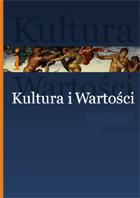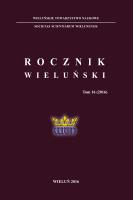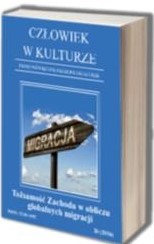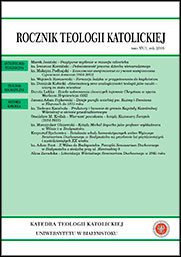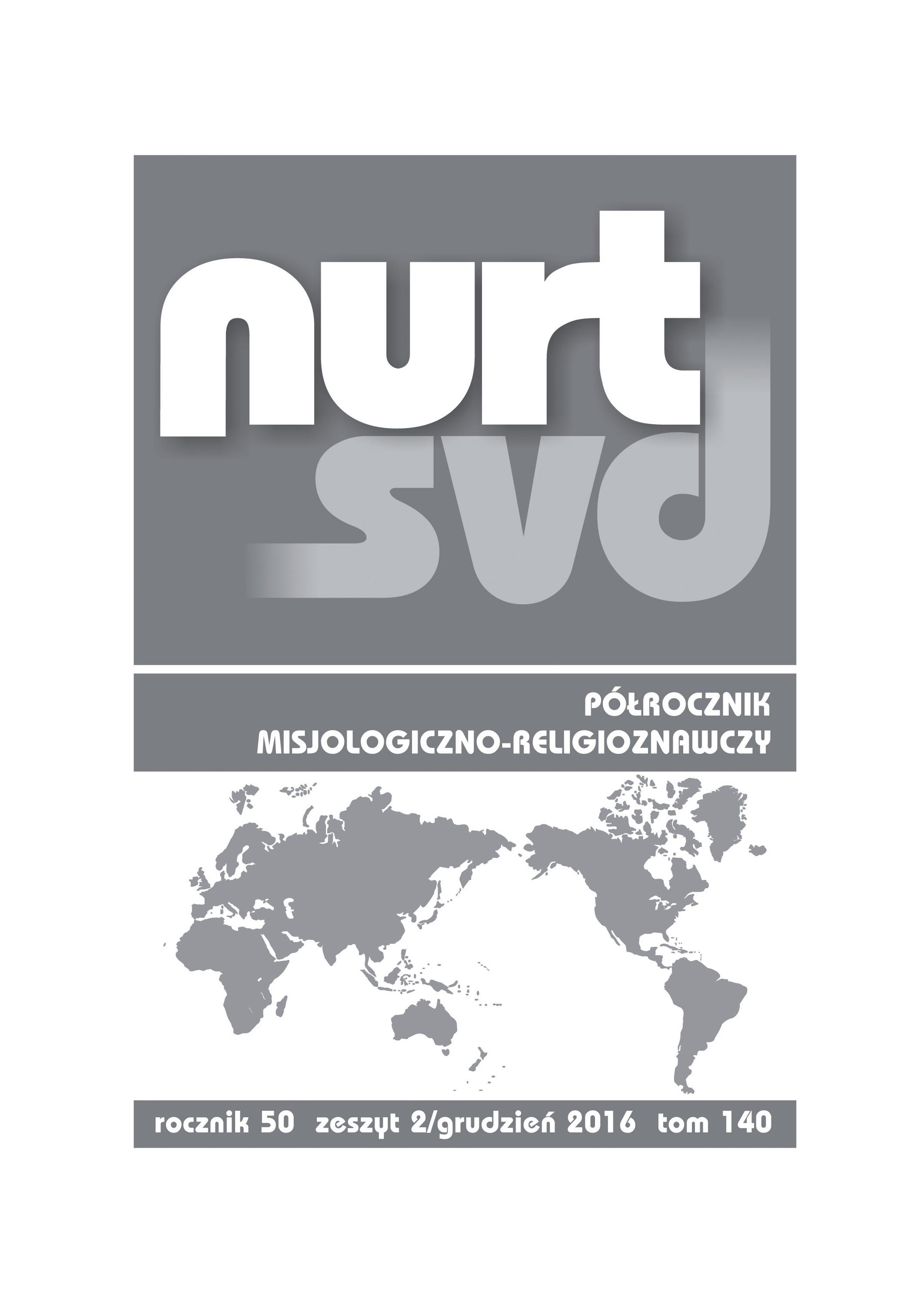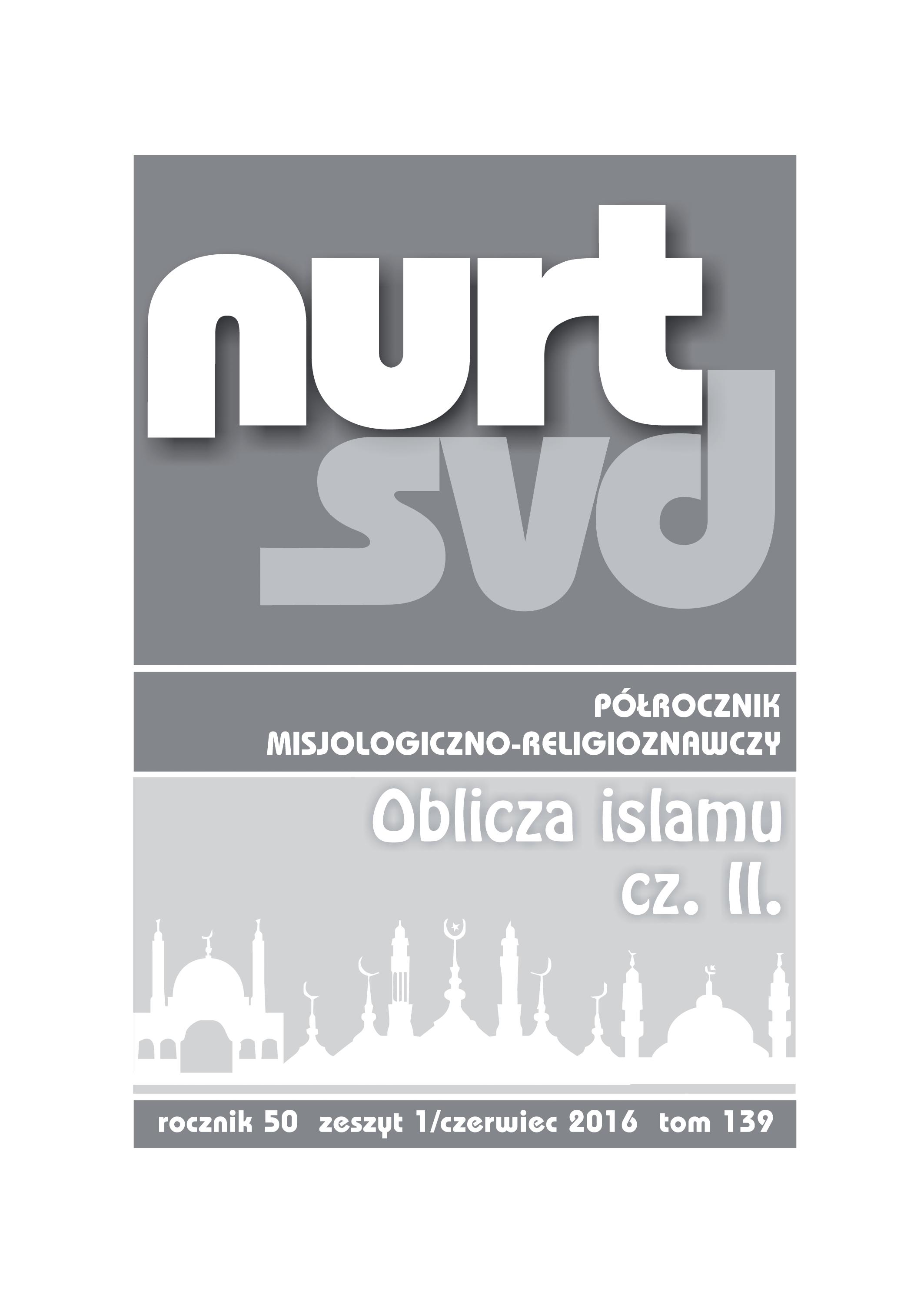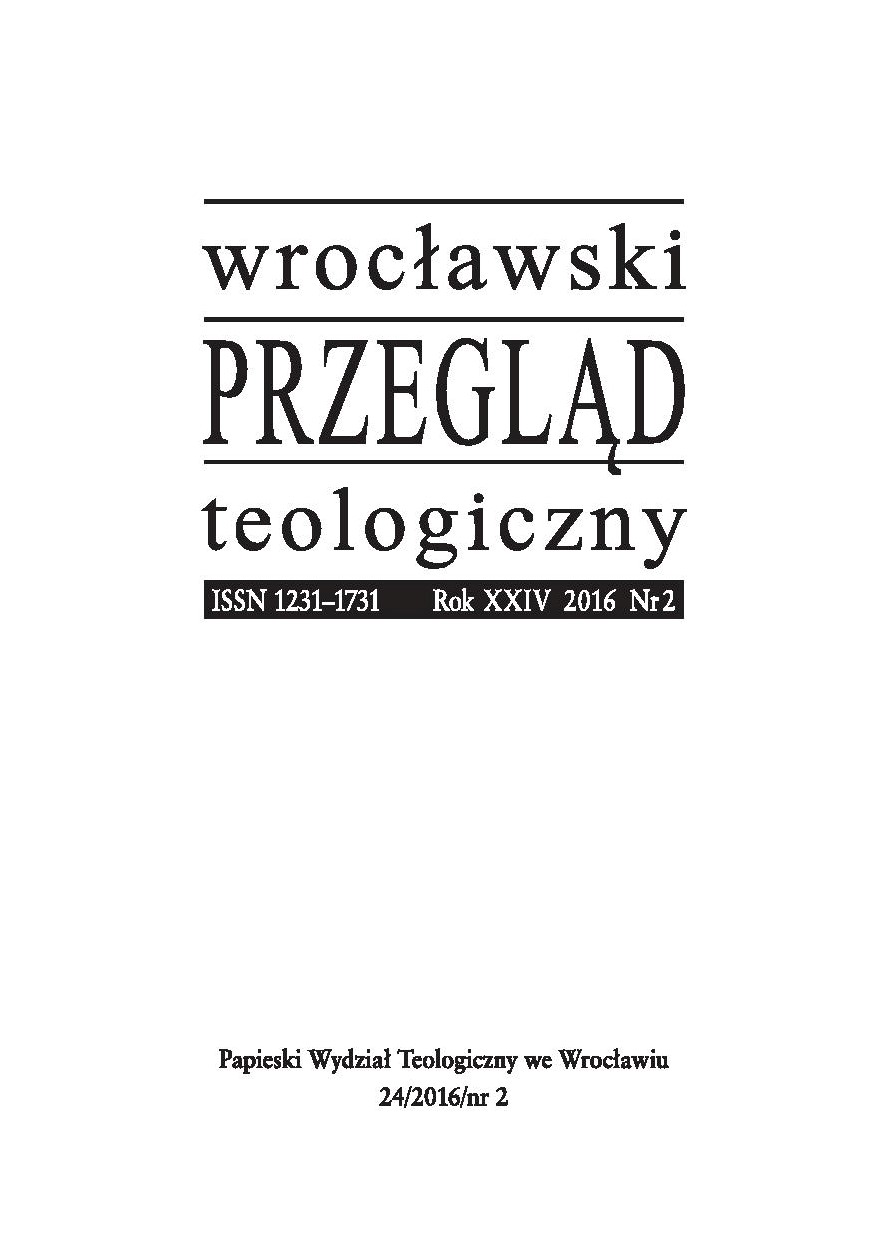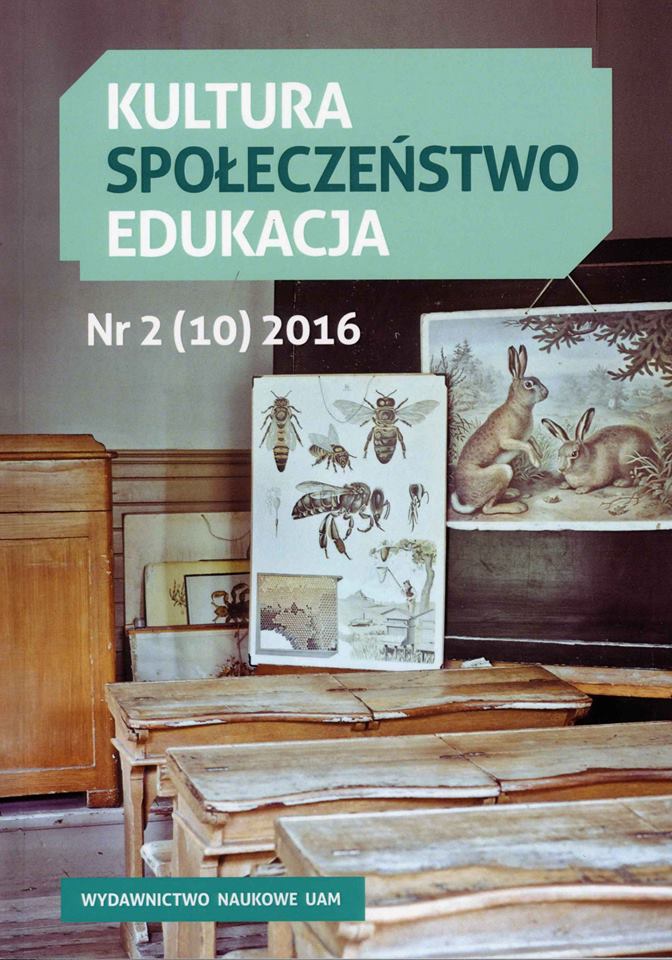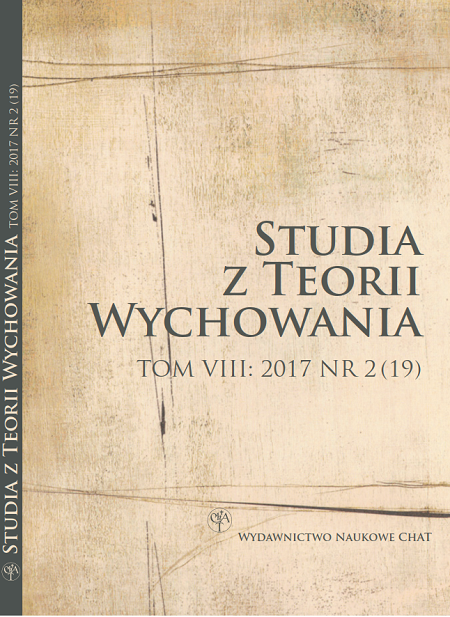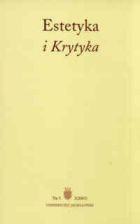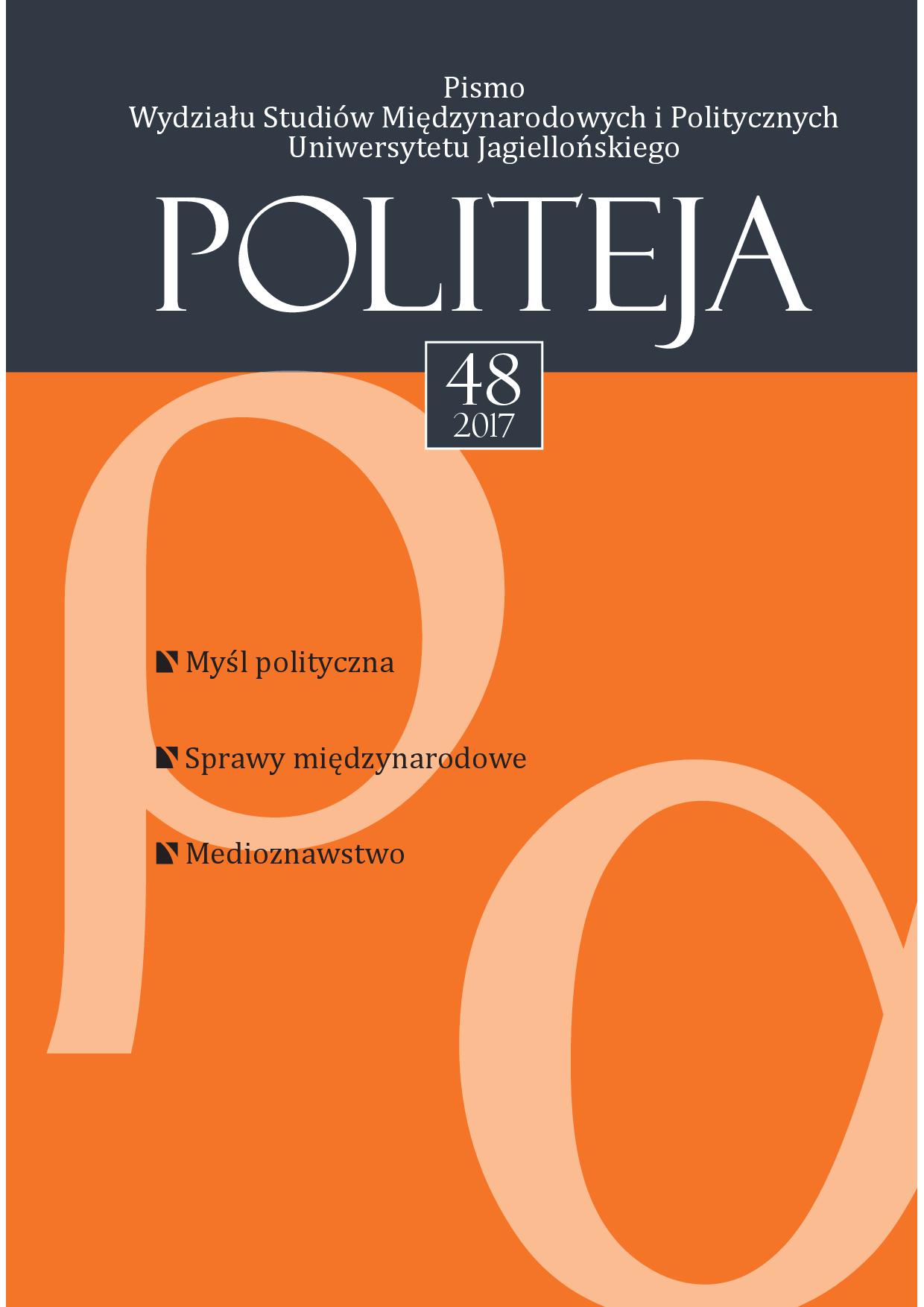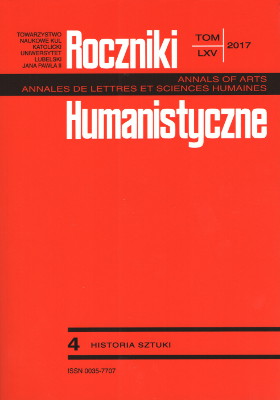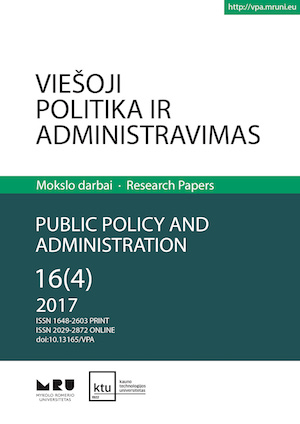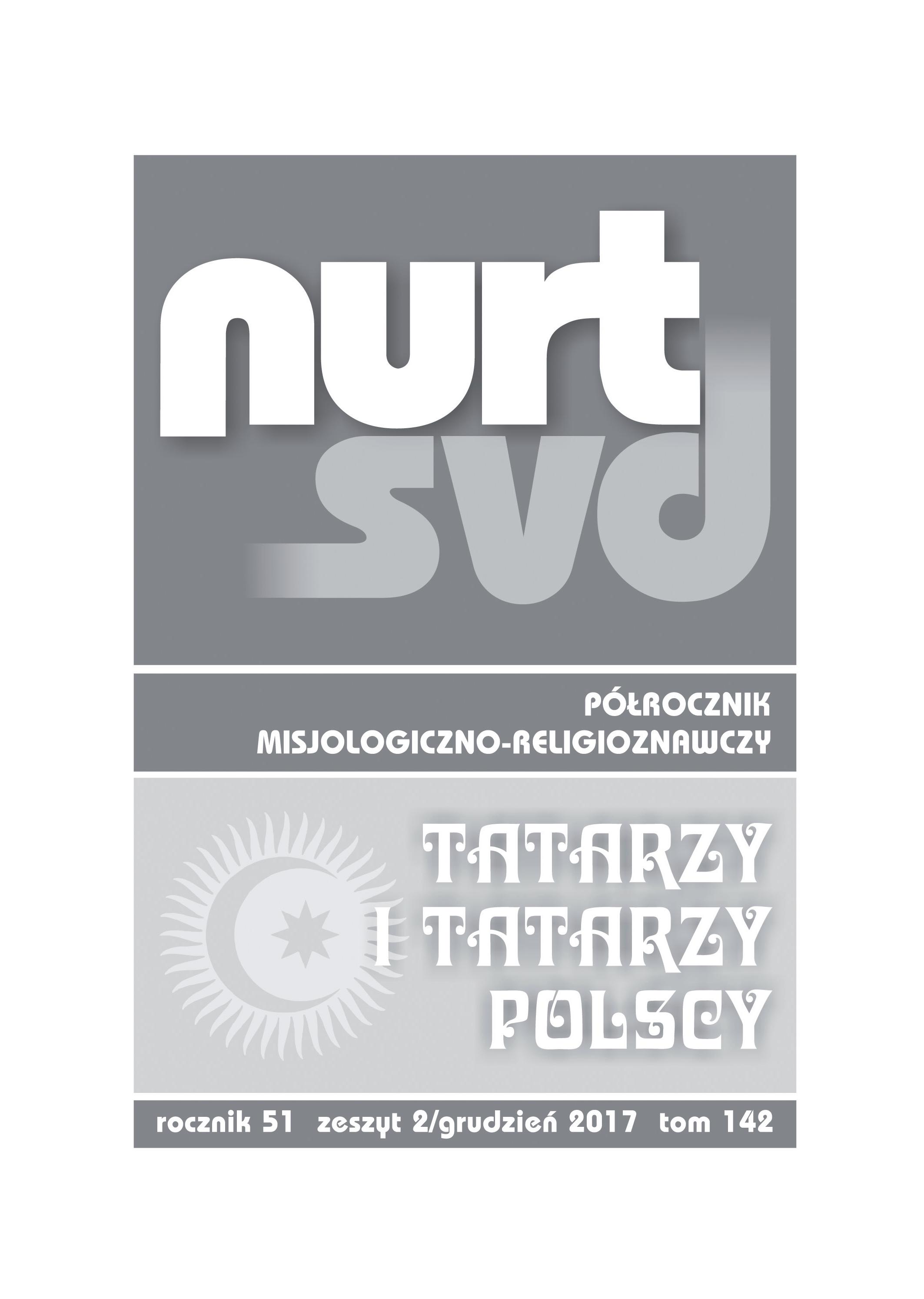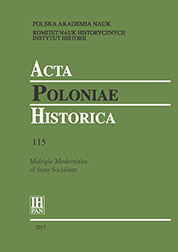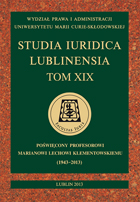
From St. Thomas’ teaching to Thomism. History of doctrines
Od myśli Tomaszowej do tomizmu. Dzieje doktryny
The aim of the article is to show the process of reading and interpreting the assumptions of St. Thomas Aquinas’ doctrine. The authors indicate that the main reasons of the diverse effect of Aquinas intellectual heirs’ scholarly activity are social and political realities of the age and philosophical currents they followed and faced. In almost every generation there have been new varieties of Thomism resulting from the reception of Thomas’ teaching, which is a multifarious and internally diversified phenomenon. The authors show the attitude to the interpretation of Aquinas’ doctrine from the Middle Ages till the end of the 20th century and they advance a thesis that this evolutionary process was both qualitative and quantitative.
More...
